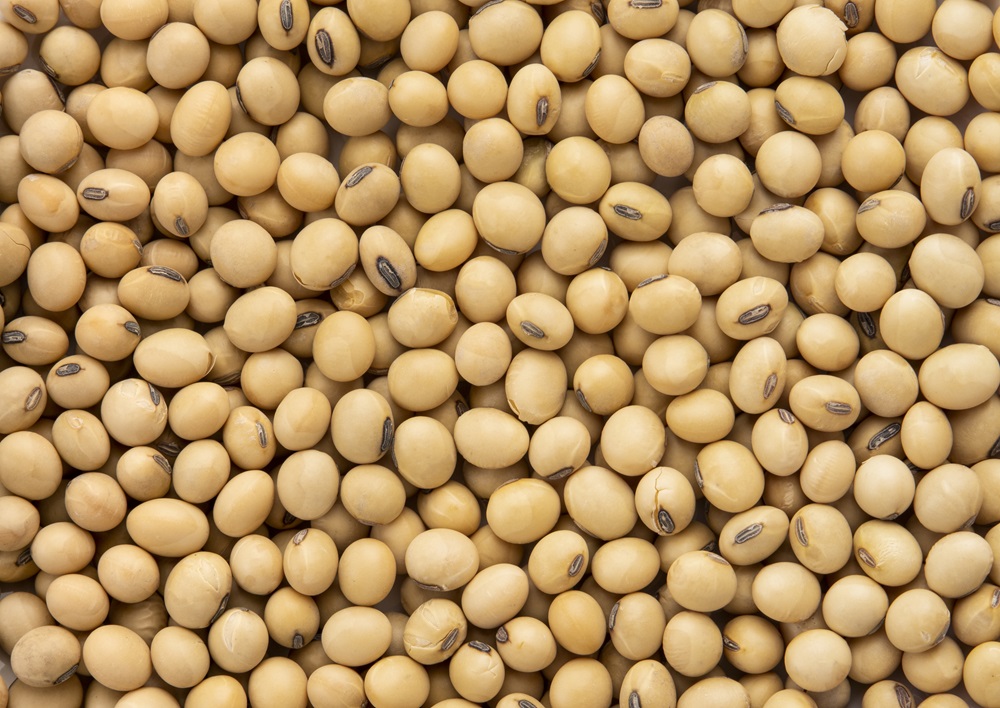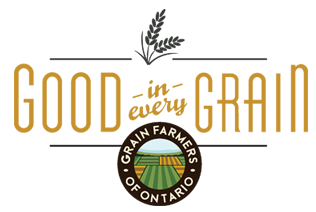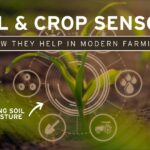Soybeans: fact or myth?

Did you know Ontario is Canada’s largest producer of soybeans? In 2024, 4.4 million tonnes of soybeans were harvested from just over three million acres by #YourFarmers. Soybeans can be used for a variety of edible and non-edible products that you can find in your homes, grocery stores, hardware stores, or around the world! Over 50 per cent of the soybeans grown in Ontario are exported to international markets to be made into consumer products, including tofu, tempeh, and soy beverages.
Recently, we have noticed some conversations and questions from Ontarians about soybeans and our health, so let’s look at a few different statements and decide if they are fact or myth!
1. Soybeans are one of the priority food allergens
FACT
According to Health Canada, soybeans and soy products, among other foods such as peanuts, milk, and fish, make up a list of priority food allergens. What does this mean? This means that those who are allergic to soy are at risk of experiencing allergic reactions when exposed to soy products in any form. Soy allergies are most common in infants, and many children outgrow the allergy before they enter their teen years, although it can be lifelong. There are significantly fewer Canadians impacted by a soy allergy compared to other priority allergens such as milk, and shellfish.
It is important for those with this allergy to stay clear of any soy products. For those who don’t have an allergy, there is no reason not to include this nutritious grain in your diet! Soybeans are a complete protein, as they contain all essential amino acids necessary for nutrition, are high in folate and vitamin C, and are a good source of calcium, iron and magnesium.
Soybeans provide our bodies with the vitamin, folate. It is integral in rapid cell growth and division, synthesizing DNA, RNA, and red blood cells, and metabolizing amino acids. Some soy foods like tofu are an excellent source of this macronutrient and protein.
2. Soybeans negatively impact reproductive hormones
MYTH
This myth comes from a theory that a specific compound found in legumes like soybeans, called phytoestrogens, causes negative hormonal imbalances and changes in men and women. These are plant-based compounds that look like estrogen, a hormone that regulates the reproductive system in women. Phytoestrogens have been shown to benefit things like heart and bone health and your overall immune system. Currently, no research has proven that soybeans negatively impact hormonal health in women or men.
Sources:
Soy Connection
Health benefits of phytoestrogens
3. Soybeans are high in nutrients
FACT
Soybeans are a great component to add to your diet if you feel like you are lacking components like protein or fibre. Low in saturated fats and cholesterol free, soy products such as tofu or tempeh are great options as protein alternatives for those who may not eat other protein sources, such as meat, for a variety of reasons. Protein is essential for creating enzymes and is an energy source for your body, so it is important to ensure you get enough daily. Fibre is an essential component of gut and digestive health that should be incorporated into your daily menu. Substituting soy beverage or adding some tofu to your salad can provide some benefits in a tasty way! Check out some of our favourite soy recipes.
4. Soybeans are dangerous to eat because they can be genetically modified
MYTH
#YourFarmers can choose to grow GMO soybeans each year. Regardless of whether soybeans are genetically modified or not, they’re safe to eat. Genetic modification is a safe process approved by Health Canada and poses no risk to your health. Genetic modification doesn’t change the nutritional value of the grain grown – it is a tool used to grow “hardier” crops. All foods made from non-GMO or GMO grain crops go through the same rigorous testing before they can be found on grocery store shelves, so eating a food product made from GMO soybeans isn’t dangerous. –
It can be really tricky to read things online about a certain food item and then try to avoid it in your lifestyle. We hope these facts and links help you answer any questions about soybeans and soy products.



